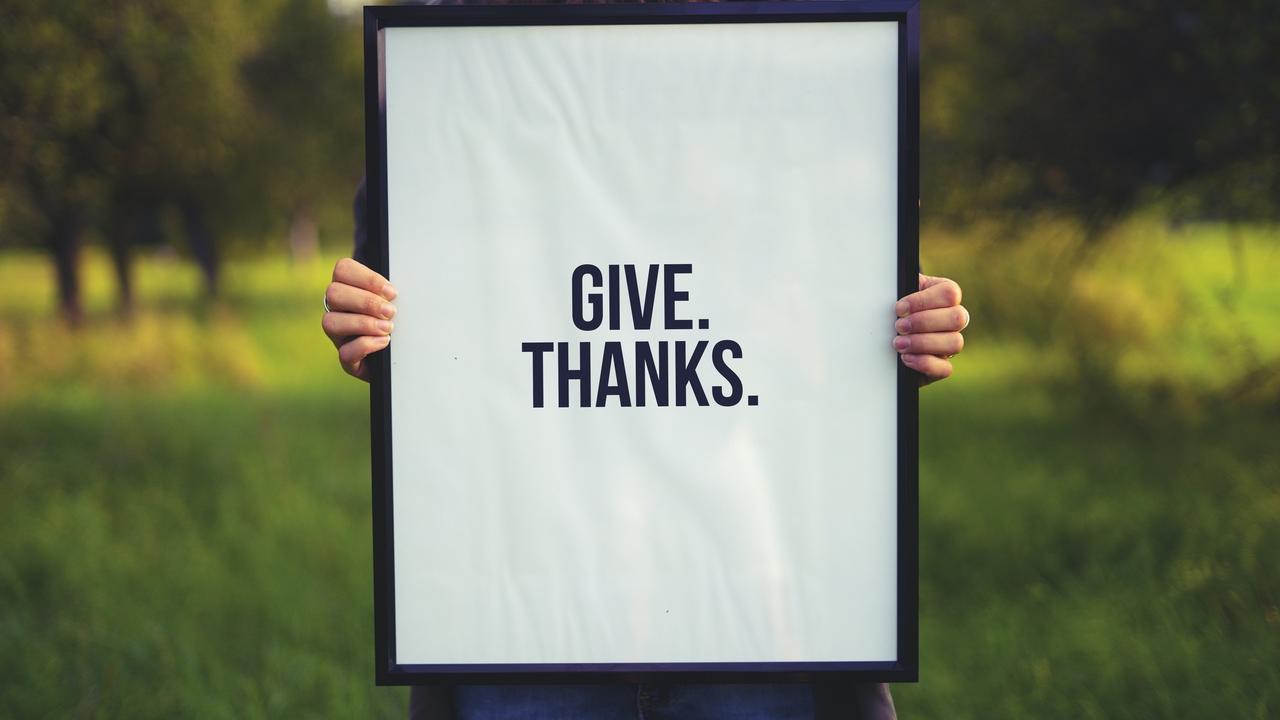Teaching Kids the Importance of Gratitude

Every night at dinner since the quarantine started, our family does a simple gratitude exercise simply called Three Good Things. Everyone takes a turn sharing a few things they liked about the day. Our youngest always goes first, and never just stops at three. Her record is eleven good things. Yes, she's the sunniest member of the family.
I started the exercise at the beginning of the shutdown as a way to help our family connect with the positive things in life- a little defiance against all that was going wrong. The thing is, though, and here's my little secret: I honestly can't stand that exercise! We do it every night, but there's not one family dinner that I can think of where I actually want to do it.
In case you get me wrong, I'm not a pessimist or a naturally negative person. Most of my friends would say I exude positivity. But the problem that I have with the exercise is the energy it requires me to reflect back throughout the day, and share something that I found positive. I would rather stay in the moment, which by the end of the day is typically a moment of shutting things down and transitioning to getting the kids in bed and watching a show on Netflix.
That's the real issue: practicing gratitude of any kind will cost you energy. It takes effort. It's hard.
We don't talk about that enough. For every Instagram quote poster about practicing gratitude, we don't recognize the reality that gratitude...kind of sucks.
It's hard to describe- there's an internal resistance I feel that's hard to push through. I'd describe it as an inner eye roll. I just don't want to do it. I'd rather do nothing; or anything else most of the time.
I know the research- heck, I even read scientific journal articles about gratitude for fun and created an entire digital course on it. I'm convinced if I do it I will be mentally and physically healthier, I'll feel happier, I will build more resilience, and make wiser choices. I know it makes me a better dad, friend, and colleague. I know all that. But I still don't want to do it. And I don't think I'm the only one. Plus, my ultimate aim is for adults to make it a normal part of their lives and guide students to do the same.
Making gratitude normal is critical for building a meaningful life.
So how do we address that real barrier? If gratitude is so good for us and can change our mood, relationships, and give us all the goodness, how do we push through the resistance we feel? Here are a few ideas, but I'd really, really like to know what you think:
- Do it anyway: Push through. Grit your teeth and say what you're thankful for. Make a commitment and stick to it.
- Be forced to do it: Make a public commitment that requires your participation, whether it's at your family dinner, work meetings, or for students and kids, as a required assignment.
- Get a vision for it: Take some time to imagine your life happier, healthier, friendlier, tougher, and wiser. If your vision is compelling and clear enough, it can help you overcome your internal resistance and push through the barrier.
- Experiment: If gratitude is so good for you from a neurological and physical and relational standpoint, then test it. See if it works for you. Harness any natural skepticism you have and put gratitude to the test. Make sure you come up with parameters ahead of time to see if it works or not.
Those are just a few ideas.
What do you think? What will it take to get yourself and other people to practice gratitude seriously?
I'd love to hear your thoughts.
